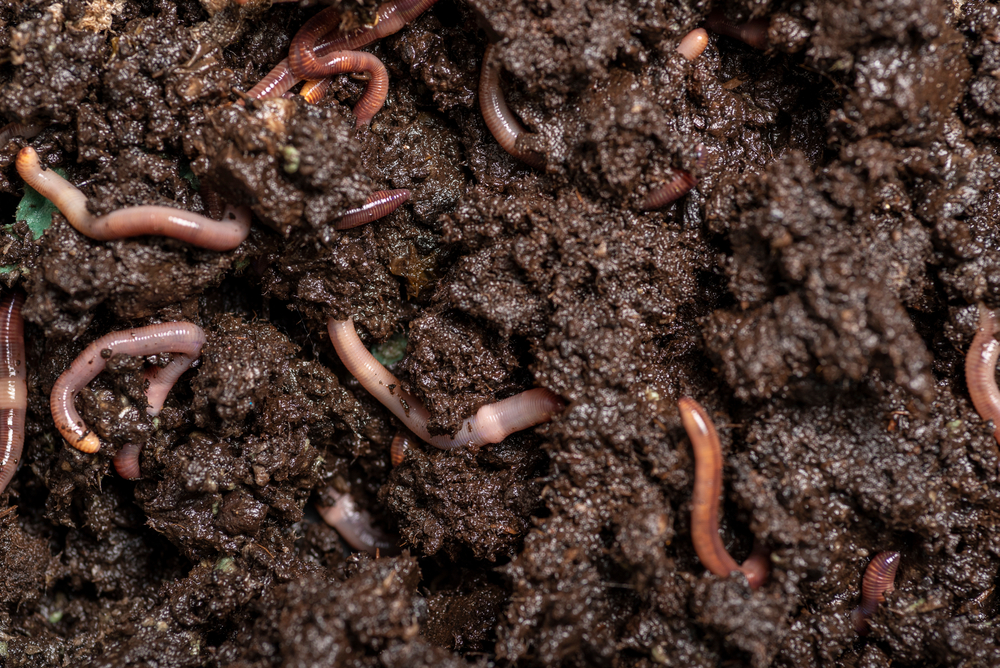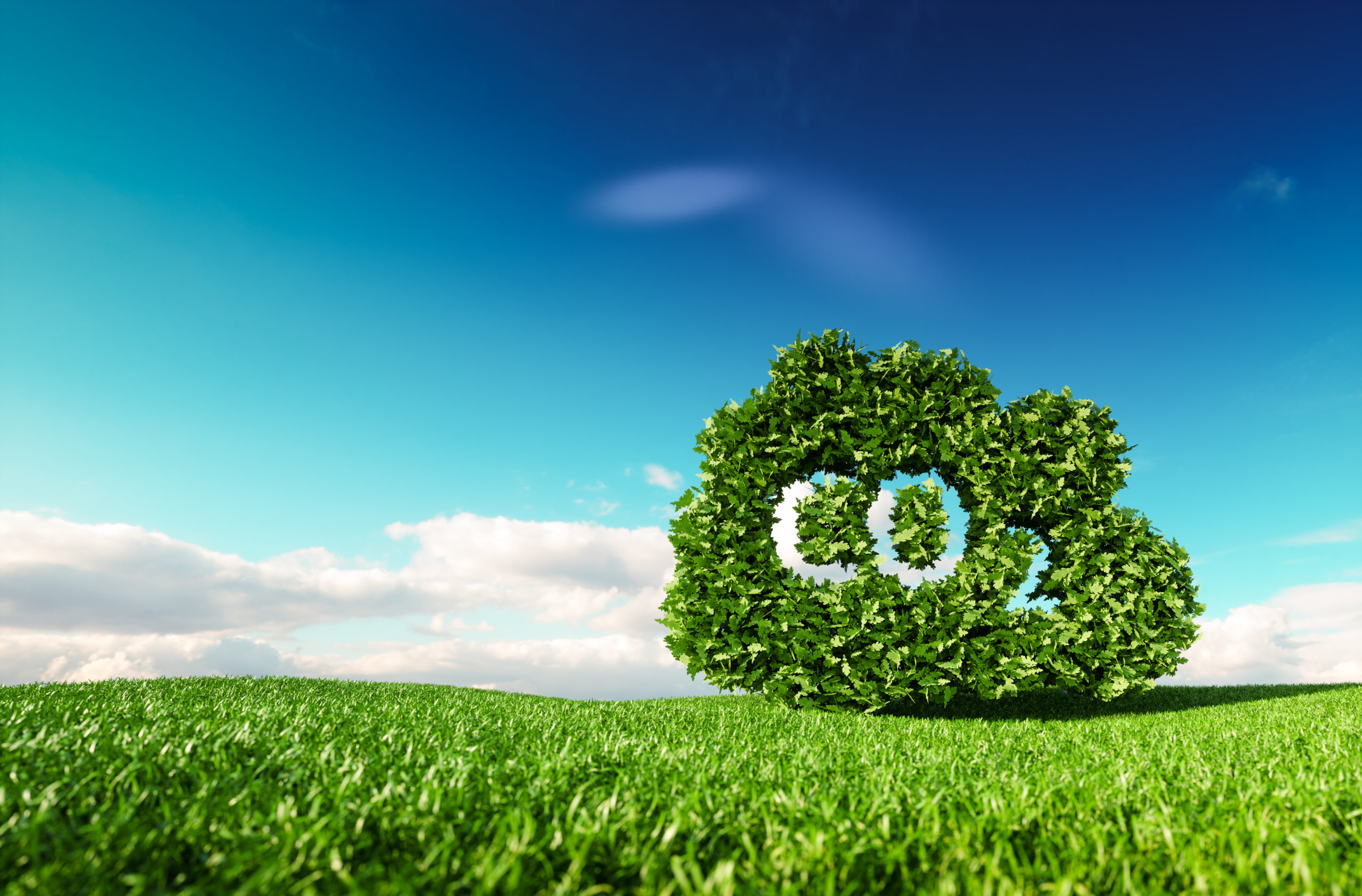Organic fertilizers also help foster a healthy environment for beneficial microbes in the soil. Organic fertilizers typically contain smaller amounts of N-P-K than synthetic fertilizers, however, they’re more beneficial to plants because they are taken up slowly as needed where synthetic fertilizers are quickly consumed.
In addition, organic nitrogen sources feed the soil biology while synthetic materials kill the biology and drive out other contributors to good soil like earthworms or nature’s incredible fertilizer-producing machines. While plants react to synthetic nitrogen, it breaks down the organic matter faster than plant residue and the dead microbes that go through cycles of bloom, can replace it.
As organic matter declines, the soil’s ability to store nitrogen diminishes. This is where the treadmill begins where more and more nitrogen is required in a game of catch-up then will never end. If the soil can’t store nitrogen then the plants can get it in only one way, through a synthetic fix.
We should be paying farmers to sequester carbon. Afterall, the government pays the oil companies to do so. However, synthetic fertilizers increase carbon decay rates offsetting any gains in carbon input to the soil in such a way that the chance of producing carbon sequestration is virtually nil.
This reliance on synthetic fertilizer inputs destroys soil carbon and organic matter. It’s a short-term win and a long term lose.
The good thing is that growers have more options than ever for organic fertilizers composed of fish and soy with high nitrogen content that complement soil biology helping to accelerate improvement of our soils. As demand has gone up for these products, supply has increased, and prices have come down making them an even smarter decision for the long term.
Give us a call or send an email and we’ll be glad to share our organic nitrogen fertilizer products.





